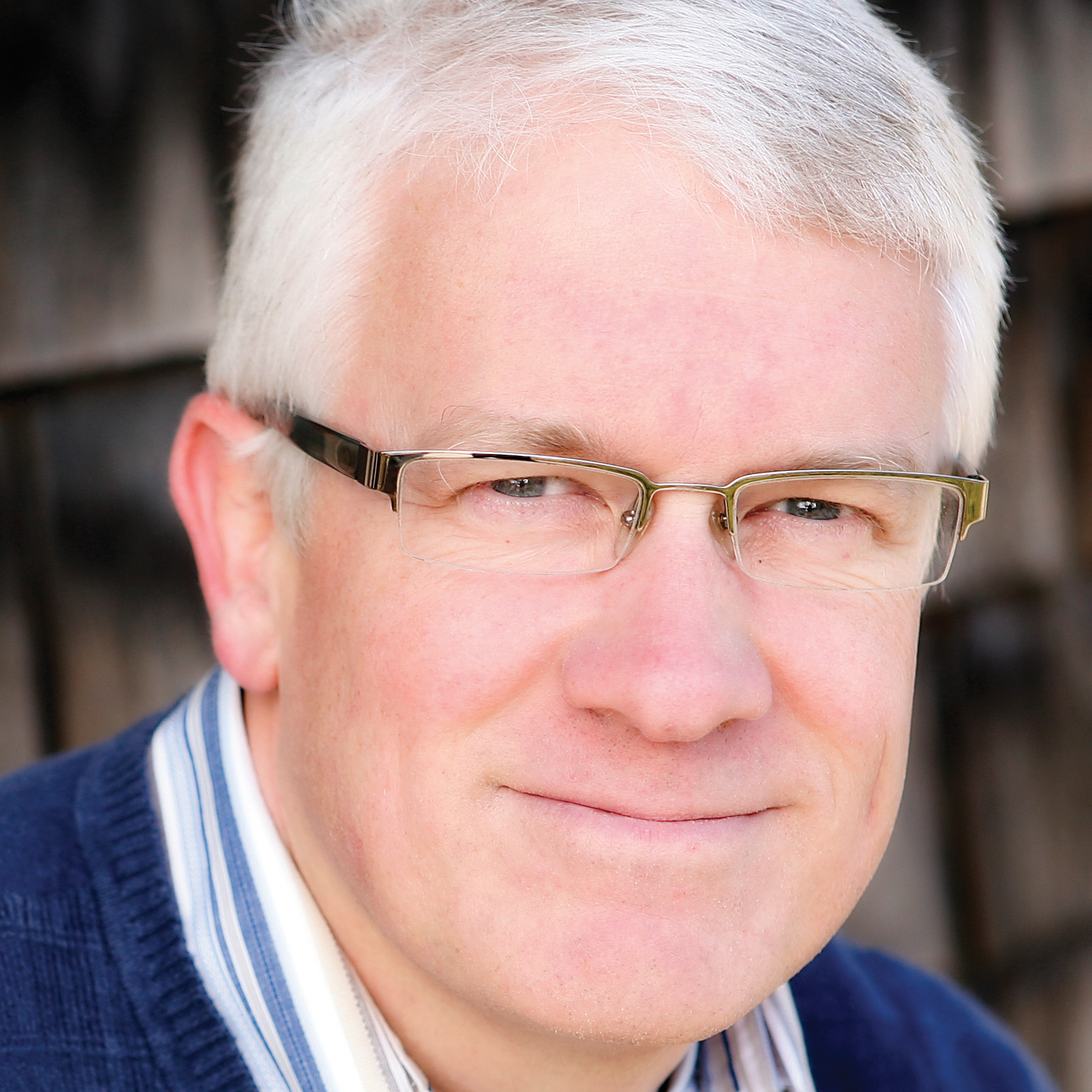 Precisely because of the big dreams we have for the youth we serve, we must continue to set a high bar for ourselves regarding the personal and professional development we provide and expect from each other in the field. At the heart of that development is the renewal of the strength, capability and resilience of the individual youth worker.
Precisely because of the big dreams we have for the youth we serve, we must continue to set a high bar for ourselves regarding the personal and professional development we provide and expect from each other in the field. At the heart of that development is the renewal of the strength, capability and resilience of the individual youth worker.
Since 2002, as part of The Journey, a group that develops leadership in the field of youth work, I have been fortunate to come alongside nonprofit executives and youth workers at all levels to help them get more grounded, connected and inspired in their own work. The goal has been to invigorate and support youth workers not only to do good work, but to be able to do it for longer than the average tenure of two or three years in the field.
As a funder put it so well, “as youth workers, we can tend to dry up over the years, and then some of us flake off and then many of us just float away.” We’re trying to help youth workers instead be “juicy” — full of life and vigor — as they influence the lives of young people.
Need I remind you what we’re up against as we’re trying to build strong youth workers. The culture of the field is often defined by at-risk clients, low compensation, thinly spread staff support and a survival mentality. Add to that influences from the larger culture including increasing distraction from technology, economic instability and a penchant for busyness in general.
Therefore, we have much work to do in order to get and keep our people “juicy.” At our retreats, we do things like help executives develop healthy habits, give them time and space to remember and focus on what is important to them, build supportive relationships with peers, challenge them to dream big and take bold action, etc. Meanwhile, outside of retreats, we are supporting efforts to improve the quality of training, helping people find better jobs at better agencies, developing and promoting credentials and promoting a broader appreciation of the field.
Our own “secret sauce” is fostering a culture shift where youth workers consider their own self-care and development as the key factor to their effectiveness with youth. This is a major challenge, not in the least because we are asking servant leaders to consider that there is a time when being selfish is actually the best way to serve others.
In order to serve our young people in the best way we can, we are really striving for youth workers to be (and model) vitality, longevity and creativity. We want young people to learn that you can live a life that is bold and life-affirming, and that you don’t have to be sad, sorry and tired as an adult, let alone a professional. We want to help leaders be “in it” for the long haul — because it might take that long to truly make a difference. And we want professionals in the field to be creative, not just because it’s life-giving instead of life-draining, but because we need new and more imaginative ideas every day to solve the challenges we face.
We must continue to get ourselves better-skilled, better educated and prepared as professionals. But in the end, what will support, guide and inspire a child most, might be how “alive” we are as a person. And this field needs people who are alive (and well) doing the important work.
So what could YOU do this month to get yourself or your staff “juicy” and alive in the work?
Tom Plake is the chief experience officer for the award-winning set of programs — The Journey — where he develops leadership in the field of youth work. He is also a speaker and consultant with Creative Edge, Inc.
This op-ed exploring professional youth work was developed in cooperation with The Univerity of Oklahoma National Resource Center for Youth Services.

























